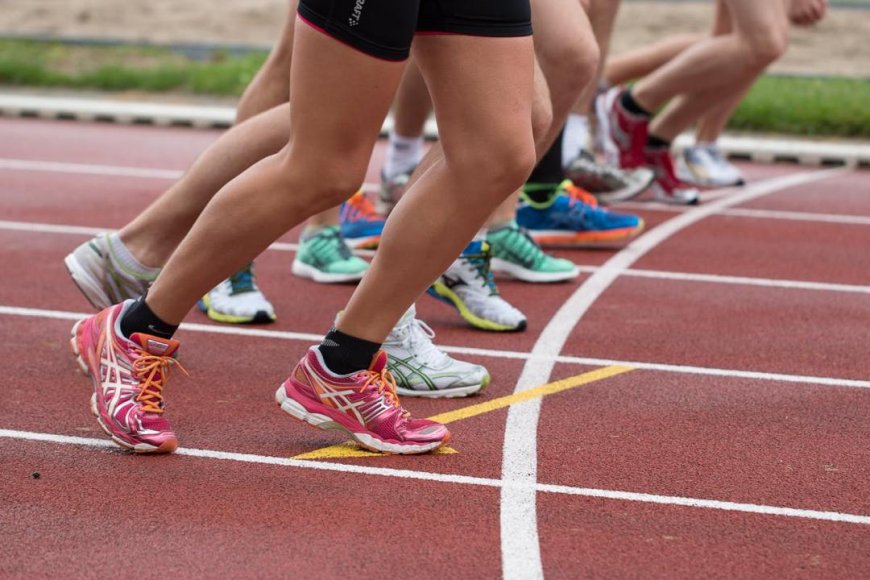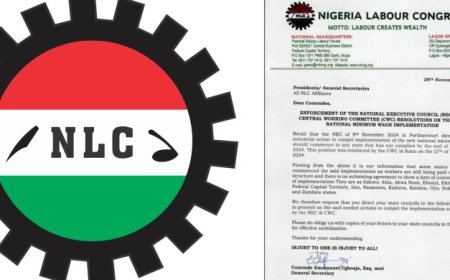The Psychology of Competition: Using Sports as a Case Study
Delve into the world of high-stakes competition and uncover the psychological tactics athletes employ to thrive under pressure. From visualization techniques to resilience-building practices, this article unveils seven essential strategies applicable to both athletes and individuals navigating life's competitive arenas.

You will agree with me that we have been in constant games of always wanting to be the best even right from birth. Well, I will leave you to decode what the last phrase meant but let’s have a deep dive. In a world where everyone strives to be the best, it's common to feel cramped and pressured.
Different expectations coming at us from right, left, up, down and centre. It's no wonder we want to crawl into a hole just to hide. If us regular folks feel like that, just imagine how someone who's already making headlines feels.
I can't even begin to imagine the amount of pressure that they're under. That is why this article has been specifically written
Before we go on, take a moment to ask yourself this question: "how do athletes cope with the pressure of being on top?" Have you ever wondered why we often hear of high flying athletes using performance enhancing pills? Or discovered to be into drugs?
My dear readers, this is what pressure can do to a person especially if not properly handled.
Competing at a high level in sports demands not only physical prowess but also mental resilience. Athletes often find themselves facing intense pressure during competitions, and understanding the psychology behind how they deal with this pressure is crucial.
How do athletes navigate this so-called "pressure"? We shall explore these strategies in just seven points.
1. Mental Preparation:
Athletes invest significant time in mental preparation to develop a strong mindset before competitions. Visualisation techniques, where athletes mentally rehearse their performance, help build confidence and reduce anxiety. By envisioning success for themselves, they create a positive mental space that can contribute to better on-field outcomes.
2. Focus and Concentration:
Maintaining focus during a competition is paramount. Athletes often employ mindfulness techniques to stay in the present moment, shutting out distractions and negative thoughts that might pop in every now or then.
The ability to concentrate on the task at hand allows athletes to perform at their best, even under immense pressure.
3. Coping with Anxiety:
Pressure in competitions often translates into anxiety. Athletes learn to manage anxiety by developing coping mechanisms to deal with them. Breathing exercises, progressive muscle relaxation, meditation, and positive self-talk are common techniques to keep nerves in check. Embracing anxiety as a normal part of competition and channelling it into a positive force is a skill many successful athletes cultivate.
4. Setting Realistic Goals:
Athletes set both short-term and long-term goals, providing a roadmap for their journey. Breaking down large goals into manageable steps allows athletes to focus on the immediate task rather than becoming overwhelmed by the overall pressure of competition. Achieving small victories along the way boosts confidence and helps athletes stay motivated.
This is a very crucial point that can be applied to our daily lives. We must ensure to set realistic goals in order to not accumulate unnecessary pressure which would be hanging over our heads.
5. Embracing Pressure as a Motivator:
Did you know that pressure can be used as a form of motivation? (you don't?) Everything that has an advantage would also have a disadvantage. Pressure can be turned into a form of healthy motivation.
Elite athletes often view pressure as a motivating factor rather than a hindrance. They understand that pressure is an inherent part of competition and use it to fuel their determination. Transforming pressure into a positive force can lead to enhanced performance, as athletes rise to the occasion when the stakes are high.
6. Learning from Setbacks:
This right here is a big one we all must learn because most people do not know how to handle setbacks. I get it, setbacks are devastating, but we should know that no one ever said we wouldn't have to deal with failing. Failure is an important aspect of life and must be dealt with properly.
Dealing with the pressure of competition also involves handling setbacks and failures. Resilience is a key psychological attribute that allows athletes to bounce back from disappointments. Rather than dwelling on failures, they analyze what went wrong, learn from the experience, and use it as a stepping stone for improvement.
7. Team Support and Communication:
Lastly, for team sports, the dynamics of communication and support within the team plays a crucial role. Athletes draw strength from their teammates, and effective communication fosters a collective mindset that helps distribute and manage pressure more effectively.
This is to let you all know that you can't do it alone in this world, you need the support of people and having that support is strong and helpful in the time of need.
Having carefully examined our seven point strategies, we have discovered that the psychology of competition is a multifaceted aspect of athletic performance. Successful athletes not only hone their physical skills but also develop a robust mental toolkit to navigate the pressures of competition.
Mental preparation, focus, anxiety management, goal-setting, embracing pressure, resilience, and teamwork are all integral components of an athlete's psychological approach.
Dear readers, this article is not only for athletes but also for everyone because in the end, life is like a game where we are in different unspoken competitions. Learning how to handle the pressure will really go a long way in affecting our lives positively.
What's Your Reaction?




































































































